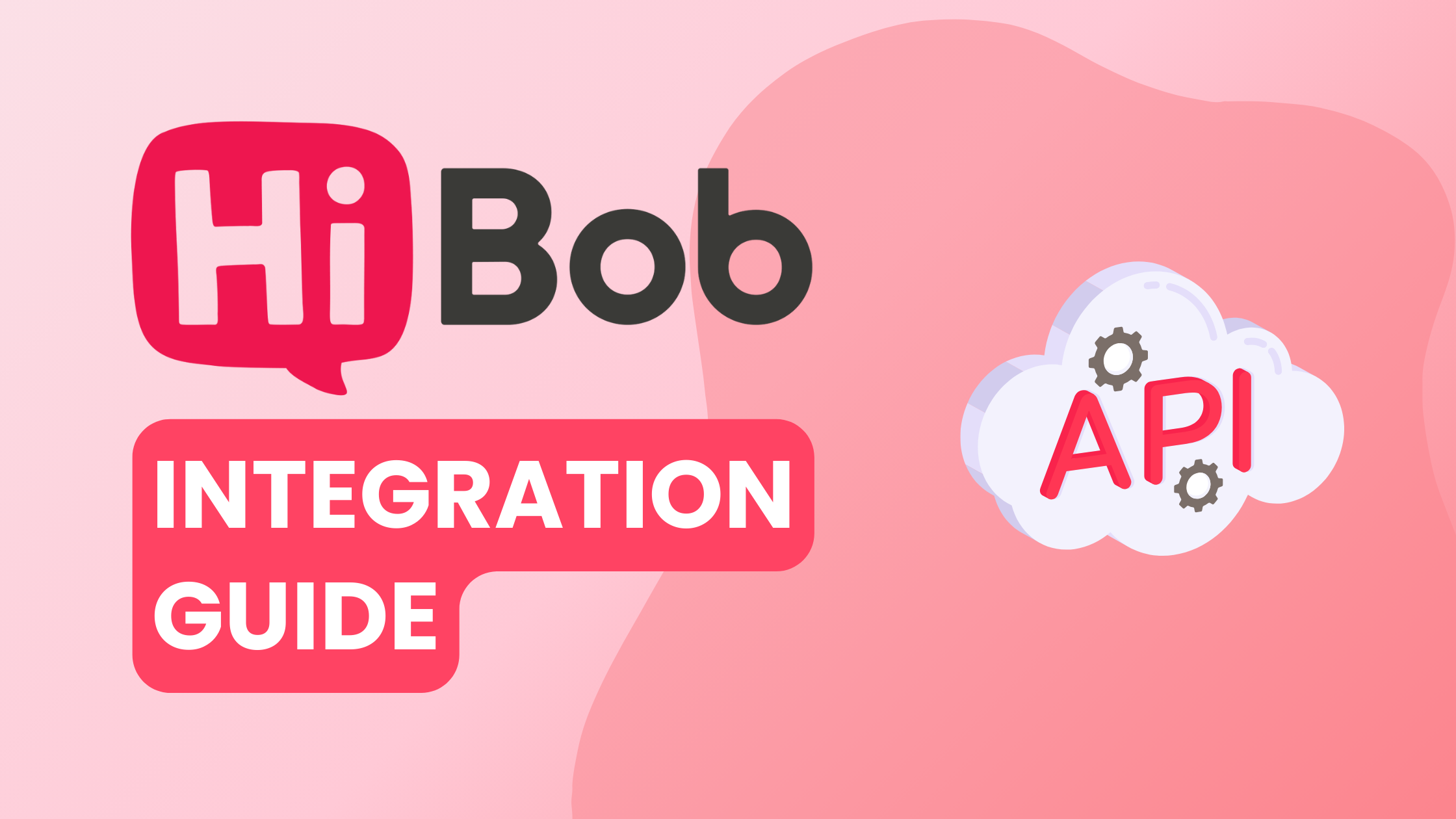On the first of February 2021, I started as a Frontend Engineer at Apideck, a remote role at a fast-growing startup that helps developers integrate with APIs.
The opportunities of remote work
The pandemic forced people across the globe to embrace remote work. Although working from home comes with its challenges, it also brings opportunities. After working from home for almost a year, I experienced some of the benefits from working from home:
- Feeling more productive
- Not wasting time on traveling to the office
- Enjoying a more flexible work schedule
One significant benefit from companies embracing remote work is that it allows people to apply for jobs outside of their region. This is beneficial for startups looking to find experienced developers and people, like me, who are looking for a new challenge. That challenge I found at an exciting startup based in Belgium: Apideck.
About the company
Apideck helps companies build API-powered integrations faster. It provides a set of unified APIs that you can use to build native integrations with other SaaS providers.
Unify
A Unified API aggregates many APIs in the same software category. It makes building integrations a lot easier because it provides benefits like having a consistent workflow to authenticate, normalized data, and streamlined documentation. This results in a far better developer experience and saves a lot of time.
Unified APIs, sometimes referred to as API aggregators, are becoming a popular pattern for developers to interact with third-party APIs. With the API space booming and integrations becoming essentials to most SaaS businesses, it’s exciting to work on a platform that brings building integrations to the next level.
Ecosystem
Apideck also provides Ecosystem, a marketplace builder for integration, API, and partner pages. This no-code tool can be used for many use cases and is also used internally for building sites like SaaS Blocks and WFH Stack. It has many customization options, which gives each marketplace its own look and feel. It’s already in use by many well-known businesses. Take a look at the ecosystems of Lever, NinjaCat, or Nmbrs.
My first weeks at the job
Besides the great potential of Apideck, they also got my interest because they embrace new technology. I’m a big fan of Next.js, especially if it’s combined with TypeScript and Tailwind CSS. Because Apideck uses these technologies as well, I was able to make a lot of progress from the get-go. From fixing bugs and improving code to building and launching new features. Please take a look at all the other great tech they use at stack.apideck.com.
Voting Portal
In my first weeks at Apideck, I worked on the new Voting Portal. This is a new feature for the Ecosystem product that provides customers a nice way to start collecting integration requests. It’s a page that contains all the requested listings and allows users to simply “upvote” an integration.
To promote this new feature, I also made a landing page for the website that shows all the benefits of using it. We used it to launch the feature on ProductHunt and received many positive responses!

The road ahead
Apideck is embracing open-source, so we plan to come with lots of starter kits that help developers get going with Unify quickly. You can find our projects at github.com/apideck-samples. The first example you can find is the Vault: a UI to handle the integration settings and authentication. The Vault is also a great way to explore Unify without needing to build an integrations overview to get started.
Apideck is moving fast, and with the platform rapidly expanding, there comes a need to build and re-use components in different projects. While some developers are working hard on developing new Unify APIs, I will focus on ways to unify our frontend. Building our own component library might be a solution for that—a great challenge, but also a fun one.
Summary
One of the opportunities that come from remote work is that it allows people to apply for jobs outside of their region. For me, this helped me find a job at an exciting startup start based in Belgium: Apideck.
My first month at Apideck was a blast, and it felt great to have already shipped numerous features and improvements to production. There are many challenges ahead, but I’m looking forward to what the future brings.
Follow me or @apideck on Twitter to stay tuned about our developments and new releases or check out the Apideck blog to read company updates, interviews, ecosystem breakdowns, and technology articles.
Ready to get started?
Scale your integration strategy and deliver the integrations your customers need in record time.




